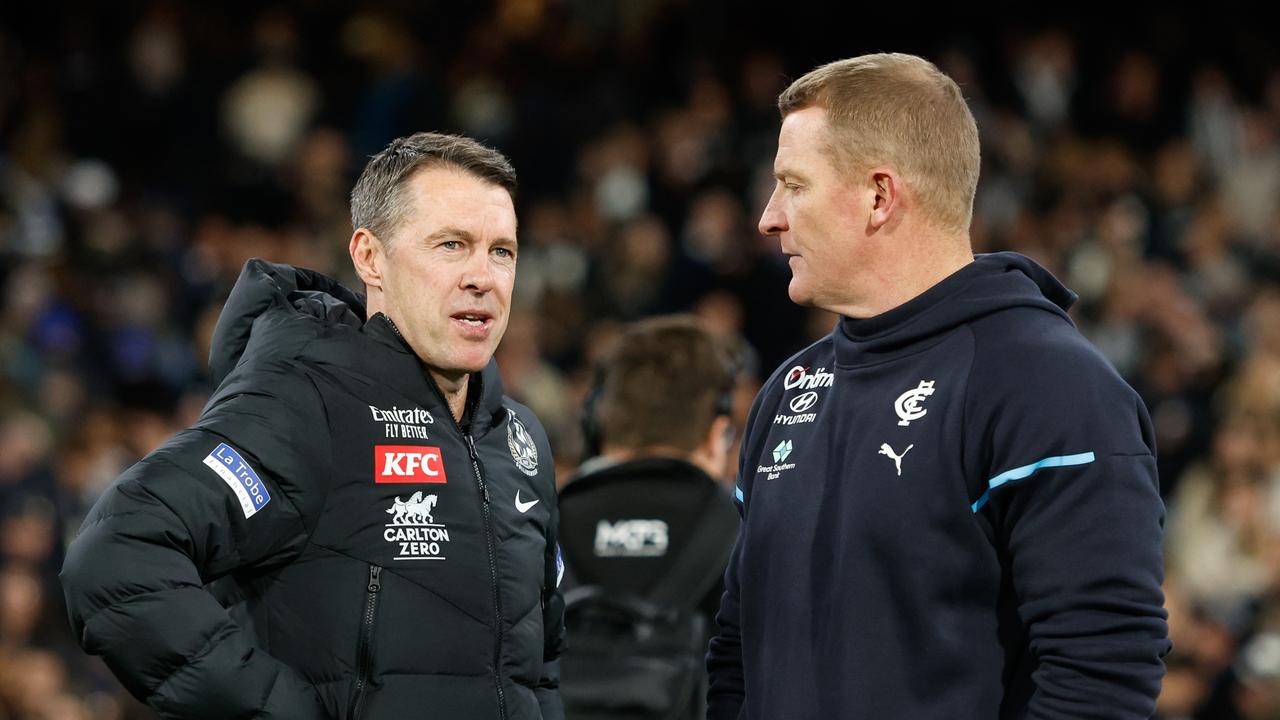AFL shouldn’t be afraid of other sports and must pour resources into Tasmania, local footy instead of expansion
WE don’t need to change our game. MICK MALTHOUSE writes that last century there were only a couple of good games each round and that might not have changed - but it’s no reason to panic.
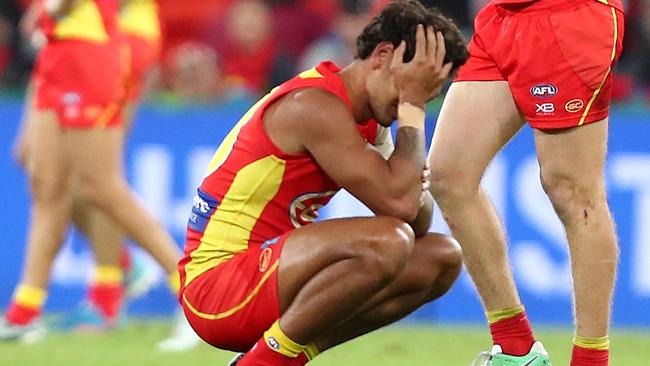
Expert Opinion
Don't miss out on the headlines from Expert Opinion. Followed categories will be added to My News.
WE ARE in the middle of World Cup fever, and people everywhere are celebrating soccer.
Last night the Test series decider between Australia and Ireland enthralled rugby union fans.
Two weeks ago the MCG hosted League’s State of Origin in front of a crowd of more than 87,000.
Should any of this worry the AFL? No way. Embrace it, I say.
Our Aussie rules competition has been around since the late 1800s.
Coincidently, most other football codes from around the world originated at a similar time. Soccer began in England in 1863. English rugby in 1883, League in 1895, and American football, which broke away from rugby, in the late 1880s.
We have a wonderful sport, which is uniquely home grown.
Yes, it will have its detractors and go through varying stages of the way it is played, but we have created this game, and there are enough good to great games every weekend for us to remain rapt in our product.
Ireland, with a population of 4.5 million, fills Croke Park (the equivalent of the MCG) with Gaelic football supporters on a regular basis. And thousands turn out weekly to watch Hurling (a 3000-year-old Celt sport.)
Yet the Irish can still produce the No. 2 Rugby Union team in the world and have enough elite athletes left over to play world soccer.
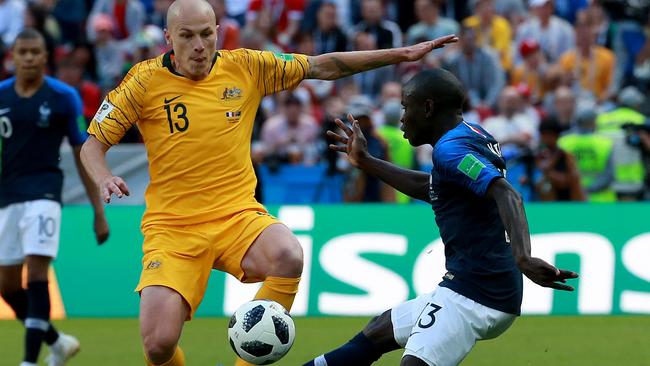
The sporting world has an order. Some sports are international, and some are simply national.
The US has developed gridiron into America’s NFL, where it will stay and continue to prosper.
Ireland doesn’t export Gaelic football or hurling, but it hasn’t diminished either sport’s popularity.
And nor should the AFL take Aussie rules beyond our boundaries.
There is an increasing negativity about our game, through the media and public opinion, which seems to be influencing the opinions of the league’s hierarchy.
But the very best we can do for football is to accept that rugby, union and soccer will always be a part of our culture, and stop trying to compete against them.
Hurling has survived for so long, with massive support, because it isn’t trying to be everything for everyone.
It has hardly changed throughout the years and, as an indigenous game to Ireland, it hasn’t tried to become a universal sport.
The last thing we need is for our game to start resembling other sports.
It is distinctly different. For a start it’s three-dimensional as opposed to the two dimensions of rugby.
And players of all shapes, sizes and speeds can play it.
There is a position for everyone to excel in, from the 211cm Aaron Sandilands to the 168cm Caleb Daniel.
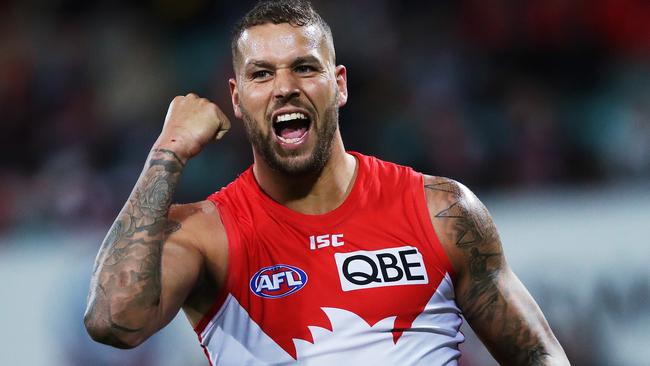
When you look at the fabric of most sports, it changes little over the years.
Yes, there will be a consolidation of the rules, mainly around player safety, but that’s basically it.
There are some in the football community who think we need to keep tinkering with our game to get nine perfect games of football every weekend. We don’t.
I started playing VFL in 1972 and there were only one or two really good games per round then too. That’s all you need.
Supporters have been very happy or unhappy for a century.
Not everyone will get the game they want each week, but when they do, they enjoy it.
Last weekend Fremantle supporters loved seeing their side smash Carlton, Blues fans hated it.
It’s the way it is. With 18 teams and generally nine games a round, it’s impossible to please everyone all the time.
Seeing Alex Rance match up against Patrick Dangerfield was alone worth being in the stands for last Sunday.
Josh Kennedy versus Dane Rampe, and Andrew Gaff on Dan Hannebery was enthralling viewing too last Friday night.
I went to the Geelong vs Richmond game and watched West Coast and Sydney — neither game was high scoring (83-65 and 72-57) but the skill and intensity of them both made for thrilling spectacles.
We have sanitised our game so much already. We watch it on TV through an umpteen number of cameras capturing every piece of play, which is scrutinised and dissected by an umpteen number of commentators.
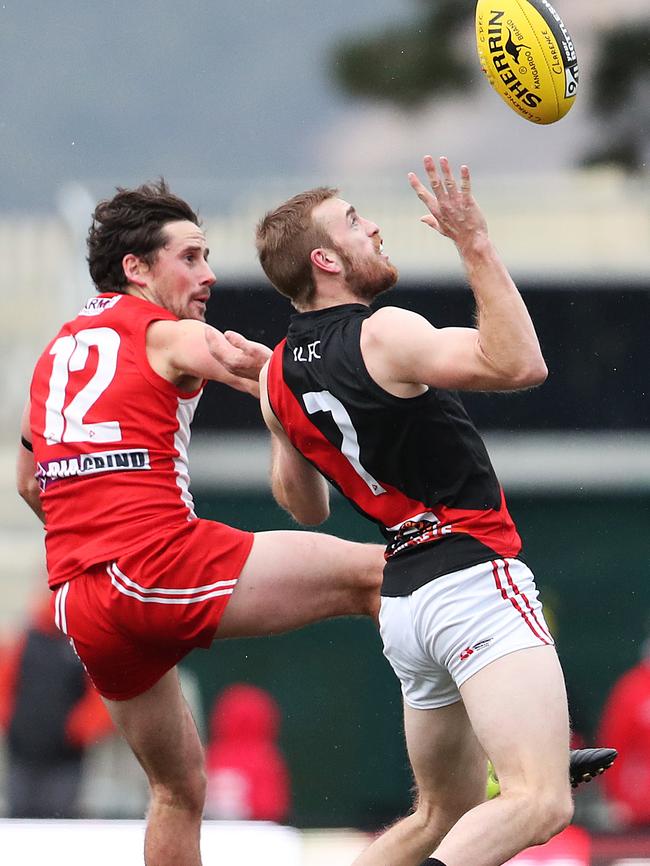
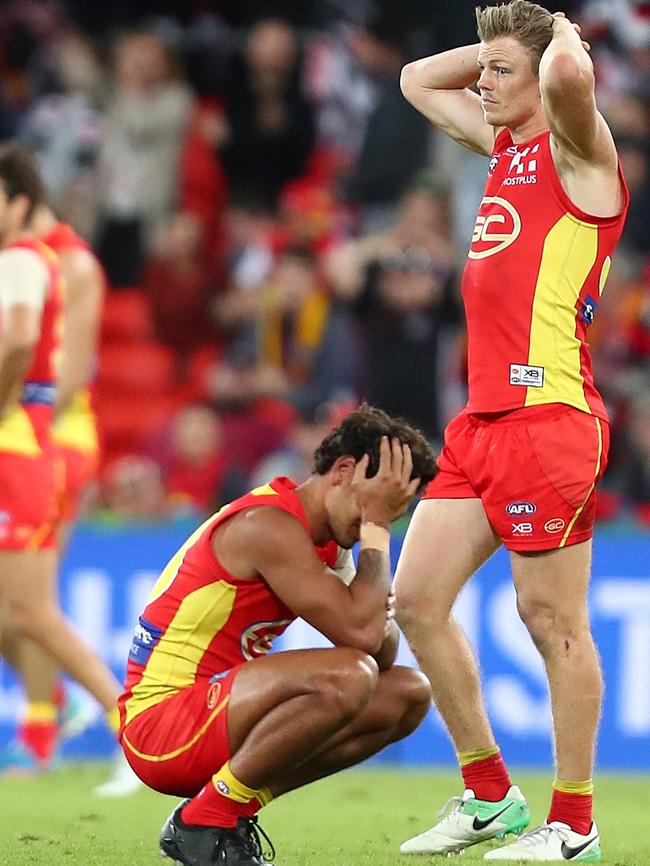
Let’s look at the positives.
Dustin Martin, Patrick Dangerfield, Nic Naitanui and Buddy Franklin are ambassadors for the game because kids love watching them play.
We need more of these superstars playing Aussie rules.
It is no coincidence that the England Olympic team only started winning a mass number of medals after an influx of money from the sport lottery was directed down to grassroots.
It is a wonderful lesson that in this day and age we need to pump more money into grassroots football to keep up with the demand and supply of quality players needing to be recruited to keep our game elite.
By trying to spread our wings too far beyond boarders or into hostile territory, the AFL is wasting precious money. The focus should be less on competition and more on regeneration. Tasmania is abundant in football talent and crying out for an AFL team. Queensland and NSW are stretched beyond all Aussie rules limits.
If we neglect grassroots football, if we abandon the plight of Tasmanian football, if we ignore the struggles of country football, we are effectively strangling our game of its most important ingredient — the players coming through.
The league doesn’t need to be paranoid about other sports. Aussie rules has survived this long because Australians love it.
As a whole we love sport enough for there to be room for them all to coexist and thrive if we approach it the right way. A good start is to make the foundations of footy strong and stable.
We live in a multicultural society — multi ethnics, multi interests, multi pursuits.
We have players from Ireland, America, Africa and several other countries involved in our game.
The Grand Final is televised to supporters all around the world. Aussie rules is big enough, bold enough and great enough already — lets keep it that way.

